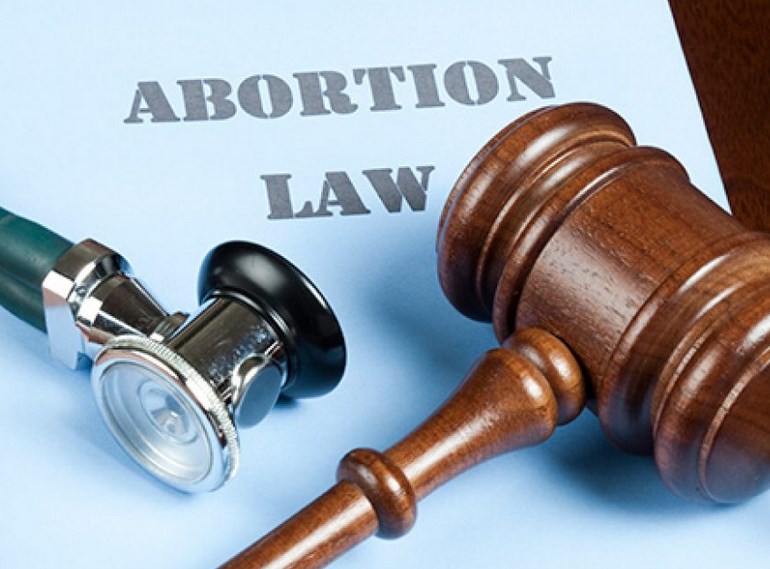Foetal Viability and Rights of the Unborn Child in Focus
A significant legal case concerning abortion rights is currently before the Indian Supreme Court. The case centers on a married woman’s request to terminate her 26-week pregnancy, and it has raised critical questions about a woman’s autonomy in deciding to abort and the legislative framework surrounding abortion in India. Two crucial concepts, “foetal viability” and the “rights of the unborn child,” have emerged during the hearings, offering new perspectives on abortion law in the country.
The Case in Question
A 27-year-old married woman, already a mother of two sons, has requested the termination of her unplanned pregnancy. She cited insufficient family income to support another child and her own mental health concerns, having previously experienced postpartum depression after her second child’s birth. The case initially received approval for abortion from a two-judge Bench of Justices Hima Kohli and B V Nagarathna on October 9. They reasoned that an unwanted pregnancy due to contraceptive failure is akin to a forced pregnancy and can be terminated up to 24 weeks.
However, on October 10, a doctor from AIIMS, Delhi, raised concerns about the “viability” of the foetus and the possibility of survival. This led to a split decision within the same Bench, with Justice Nagarathna supporting the petitioner’s choice to abort, while Justice Kohli expressed reservations. Subsequently, the case was brought before a three-judge Bench led by Chief Justice of India (CJI) D Y Chandrachud, which called for a fresh medical report on the foetal health and the woman’s medical condition.
India’s Abortion Law Framework
The Medical Termination of Pregnancy Act (MTP Act) in India allows abortion in three stages:
- Termination up to 20 weeks with the advice of one doctor.
- Termination between 20-24 weeks under specific categories, determined by two registered medical practitioners.
- Termination after 24 weeks requires a medical board’s approval and is permitted only in cases of substantial foetal abnormality.
Abortion Beyond 26 Weeks
While the Supreme Court has allowed termination beyond 26 weeks in specific cases, the current case presents unique challenges due to the consensual nature of the conception. Previous instances involved pregnancies resulting from rape or non-consensual relationships. The difference in the marital status of the woman in this case makes it a complex matter.
Foetal Viability and the Rights of the Unborn Child
The recent observations made by the CJI-led Bench have brought two important concepts to the forefront: the rights of a woman to choose abortion and the need to balance these rights against the rights of the unborn child.
- The concept of “foetal viability” is significant, as it considers the point at which a foetus can survive outside the womb. This benchmark has been used in other countries, such as the United States, where abortion rights are determined up to the point of foetal viability.
- Critics argue that the notion of foetal viability is arbitrary and raises questions about when it is ethically acceptable to terminate a pregnancy.
- India’s legal framework leans toward a woman’s autonomy in making abortion decisions, with the decision to terminate after 20 weeks typically left to doctors. This aspect, while not under challenge in court, has led to instances of women approaching the court at the last minute due to perceived legislative gaps.
- The legal landscape in India predominantly favors women’s reproductive autonomy over the rights of the unborn child. However, there are legal provisions, such as those related to succession and sex-determination of foetuses, that consider the rights of the unborn child.
Month: Current Affairs - October, 2023
Category: Legal & Constitution Current Affairs






